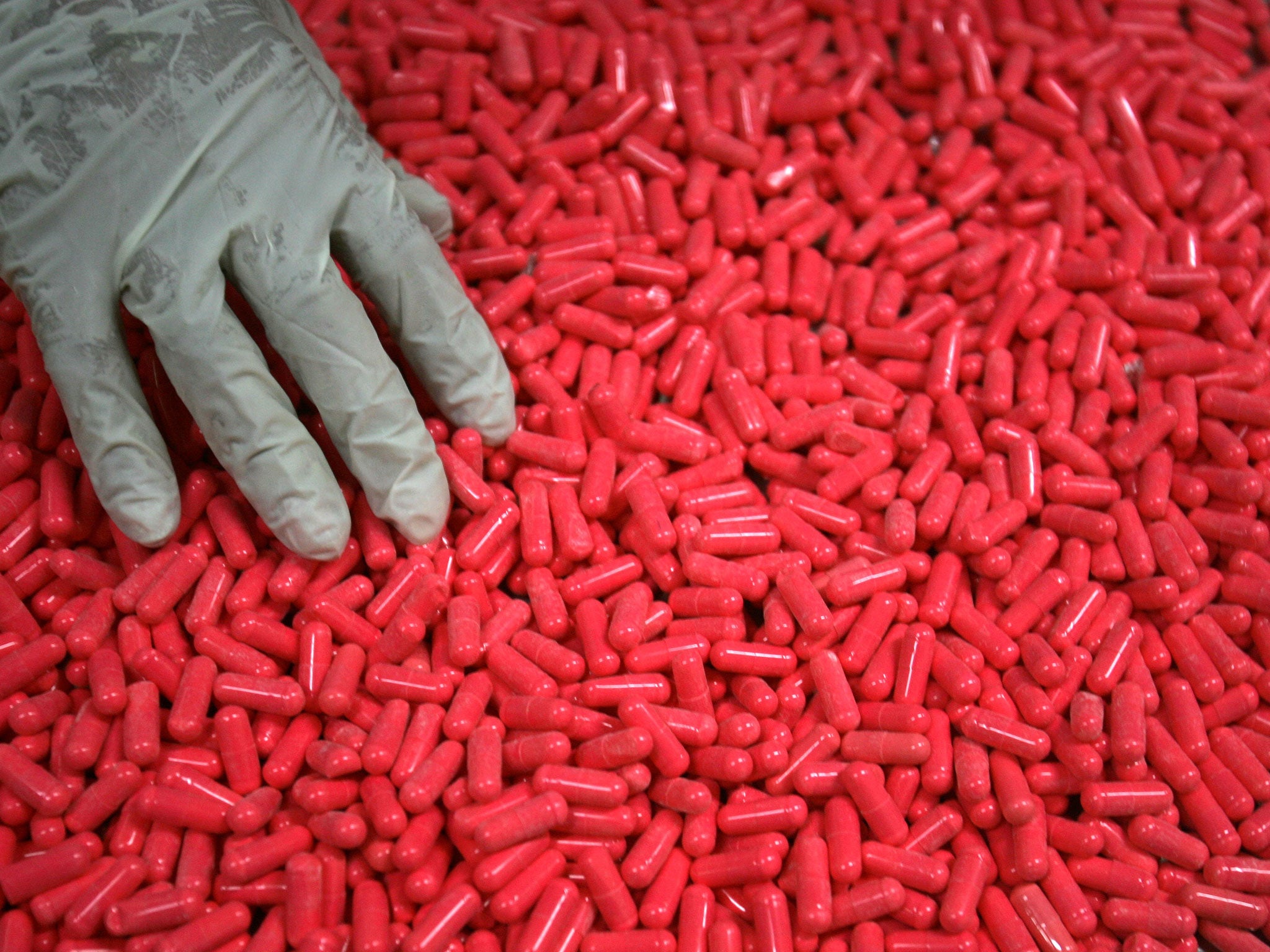Manufacturing output fell in January at its joint fastest rate since the Brexit referendum, official data on Friday showed, but over the last quarter output is up strongly.
Output declined by 0.9 per cent in the month, worse than the 0.6 per cent decline expected by City of London analysts.
However, the decrease was largely due to a 13.5 per cent fall in output from the volatile pharmaceutical sector and followed an overall 2.2 per cent surge in output in December.
Over the three months to January manufacturing grew by 2.1 per cent, its strongest growth since May 2010.
The latest Purchasing Managers surveys of manufacturing point to reasonably robust growth continuing this year, with the index at 54.6 in February (with any figure above 50 signalling expansion).
“The sector looks to be in good shape with solid improvements across most other sectors, underpinned by continued growth in exports,” said Lee Hopley of the EEF manufacturers' organisation.
She added: “Recent indicators show the recovery we saw at the end of 2016 should continue in full swing over the early part of the year.”
Manufacturing output rose by 0.7 per cent in 2016, making a small contribution to overall GDP growth of 1.8 per cent.
There have been hopes that UK manufacturers' exports will be boosted by the 13 per cent trade-weighted decline in sterling since last year’s Brexit referendum.
The latest trade data, also released on Friday, showed goods exports rose 10 per cent in the three months to January, while imports rose just 3.1 per cent.
The overall goods trade balance fell to £10.8bn, slightly lower than the £11bn that City analysts had been expecting.
“The stage is set for the UK’s export-oriented laggard sector to finally make a positive contribution to growth, and, possibly, encourage a much needed rebalancing toward production away from consumption,” said Kallum Pickering of Berenberg.
Net trade was a drag on overall GDP growth in 2016.
Separately, the Office for National Statistics estimated that construction output in January fell by 0.4 per cent, following a 1.8 per cent increase in December.
The Office for Budget Responsibility this week upgraded its 2017 GDP growth forecast to 2 per cent, up from 1.4 per cent previously.
But the Treasury’s official forecaster still expects Brexit to take a negative toll on the UK due to postponed business investment and weaker household consumption stemming from a jump in inflation over the next two years.
Manufacturing accounts for around 10 per cent of UK GDP and construction 6 per cent.
Subscribe to Independent Premium to bookmark this article
Want to bookmark your favourite articles and stories to read or reference later? Start your Independent Premium subscription today.


Join our commenting forum
Join thought-provoking conversations, follow other Independent readers and see their replies